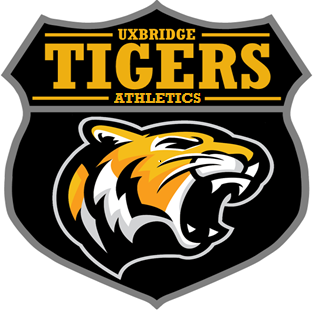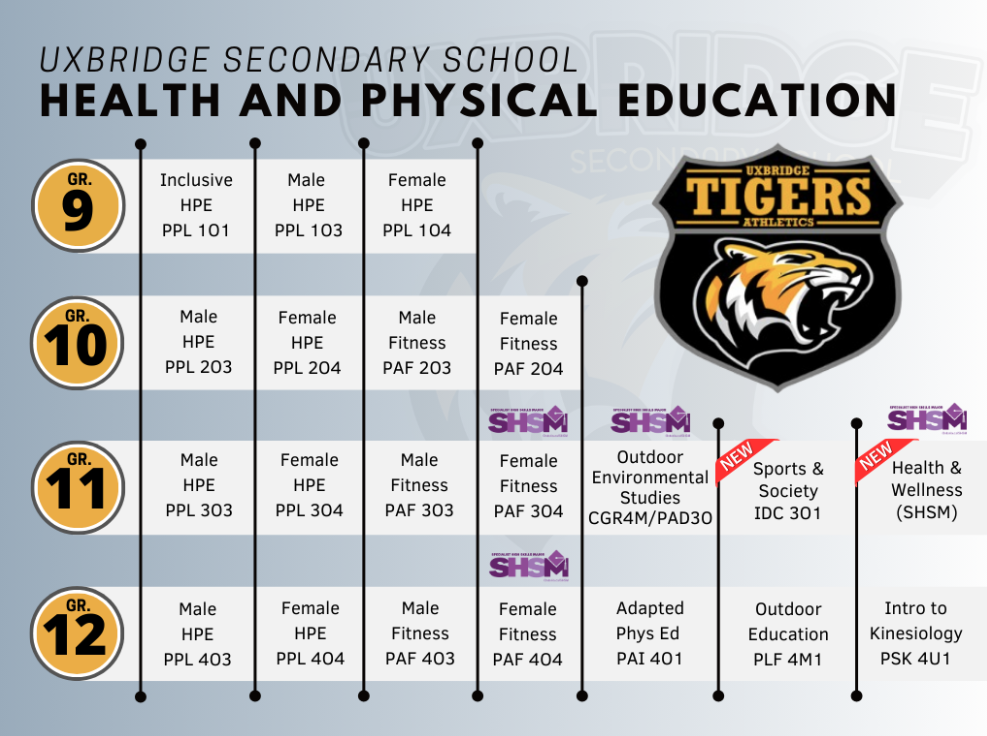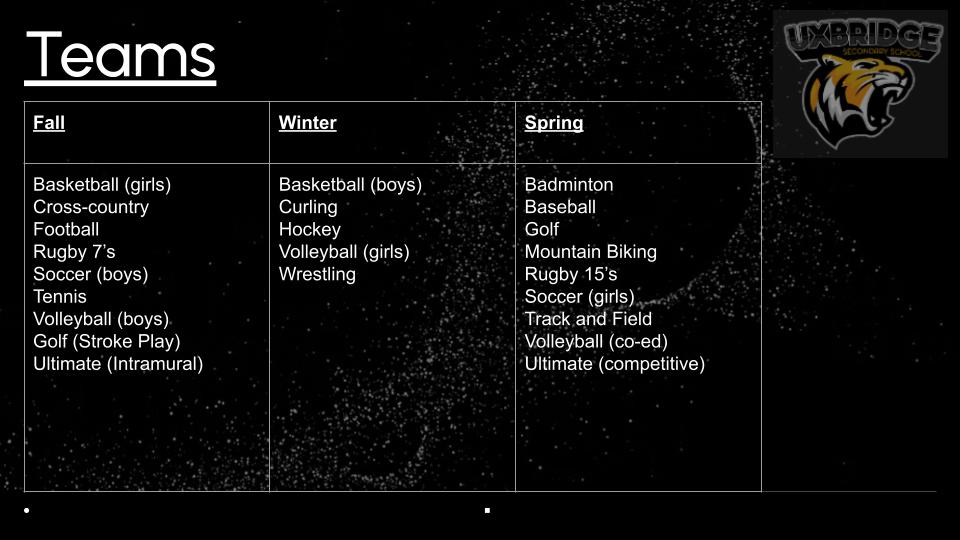|
Curriculum Lead: M. Smale
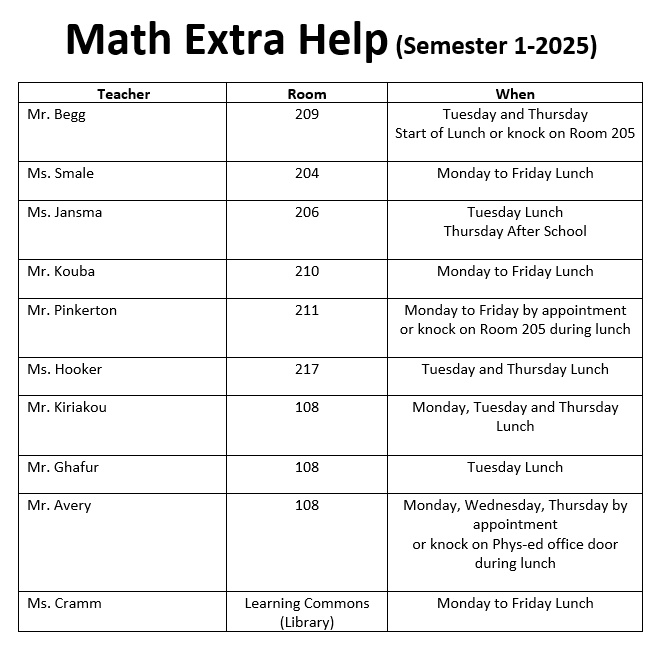
Course Pathways Planning
|
|


|
Math Course Descriptions
|
|
Course Descriptions for Mathematics
MAT 1L1 (Essentials)
This course focuses on the knowledge and skills required to be well prepared for success in the Grade 10 Locally-developed Mathematics (MAT2L) or the Grade 9 Mathematics (MTH1W1). It will support students in developing and enhancing strategies that they need to develop mathematical literacy skills and the confidence to use these skills in their day-to-day lives. The areas of Money Sense, Measurement and Proportional Reasoning form the basis of the course content. No EQAO testing. This course leads to many apprenticeship and college programs. It is beneficial for students working below grade 8 level to take this course prior to MTH 1W1, but not a prerequisite to MTH 1W1.
Grade 9 Mathematics (MTH 1W1)
This course enables students to consolidate, and continue to develop, an understanding of
mathematical concepts related to number sense and operations, algebra, measurement, geometry,
data, probability, and financial literacy. Students will use mathematical processes, mathematical
modelling, and coding to make sense of the mathematics they are learning and to apply their
understanding to culturally responsive and relevant real-world situations. Students will continue to
enhance their mathematical reasoning skills, including proportional reasoning, spatial reasoning, and
algebraic reasoning, as they solve problems and communicate their thinking.
Prerequisite: Successful completion of Grade 8
Grade 10 Principles of Mathematics Academic (MPM 2D1)
This course enables students to broaden their understanding of relationships and extend their problem-
solving and algebraic skills through investigation, the effective use of technology, and abstract
reasoning. Students will explore quadratic relations and their applications; solve and apply linear
systems; verify properties of geometric figures using analytic geometry; and investigate the
trigonometry of right and acute triangles. Students will reason mathematically and communicate their
thinking as they solve multi-step problems.
Prerequisite: Grade 9 Mathematics (MTH 1W1)
Grade 10 Foundations of Mathematics Applied (MFM 2P1)
This course enables students to consolidate their understanding of linear relations and extend their
problem-solving and algebraic skills through investigation, the effective use of technology, and hands-on
activities. Students will develop and graph equations in analytic geometry; solve and apply linear
systems, using real-life examples; and explore and interpret graphs of quadratic relations. Students will
investigate similar triangles, the trigonometry of right triangles, and the measurement of three-
dimensional figures. Students will consolidate their mathematical skills as they solve problems and
communicate their thinking.
Prerequisite: Grade 9 Mathematics (MTH 1W1)
Grade 11 Functions University (MCR 3U1)
This course introduces the mathematical concept of the function by extending students’ experiences
with linear and quadratic relations. Students will investigate properties of discrete and continuous
functions, including trigonometric and exponential functions; represent functions numerically,
algebraically, and graphically; solve problems involving applications of functions; investigate inverse
functions; and develop facility in determining equivalent algebraic expressions. Students will reason
mathematically and communicate their thinking as they solve multi-step problems.
Prerequisite: Grade 10 Academic (MPM 2D1)
Grade 11 Functions and Applications University/College (MCF 3M1)
This course introduces basic features of the function by extending students’ experiences with quadratic
relations. It focuses on quadratic, trigonometric, and exponential functions and their use in modelling
real-world situations. Students will represent functions numerically, graphically, and algebraically;
simplify expressions; solve equations; and solve problems relating to applications. Students will reason
mathematically and communicate their thinking as they solve multi-step problems.
Prerequisite: Grade 10 Academic (MPM 2D1) or Grade 10 Applied (MFM 2P1)
Grade 11 Foundations for College Mathematics (MBF 3C1)
This course enables students to broaden their understanding of mathematics as a problem solving tool
in the real world. Students will extend their understanding of quadratic relations; investigate situations
involving exponential growth; solve problems involving compound interest; solve financial problems
connected with vehicle ownership; develop their ability to reason by collecting, analysing, and
evaluating data involving one variable; connect probability and statistics; and solve problems in
geometry and trigonometry. Students will consolidate their mathematical skills as they solve problems
and communicate their thinking.
Prerequisite: Grade 10 Applied (MFM 2P1) or Grade 10 Academic (MPM 2D1)
Grade 11 Mathematics for Workplace and Everyday Life (MEL 3E1)
This course enables students to broaden their understanding of mathematics as it is applied in the
workplace and daily life. Students will solve problems associated with earning money, paying taxes, and
making purchases; apply calculations of simple and compound interest in saving, investing, and
borrowing; and calculate the costs of transportation and travel in a variety of situations. Students will
consolidate their mathematical skills as they solve problems and communicate their thinking.
Prerequisite: Grade 9 Mathematics (MTH 1W1 or MAT 1L) or Grade 10 Mathematics (MAT 2L or MFM
2P1 or MPM 2D1)
Grade 12 Mathematics of Data Management University (MDM 4U1)
This course broadens students’ understanding of mathematics as it relates to managing data. Students
will apply methods for organizing and analysing large amounts of information; solve problems involving
probability and statistics; and carry out a culminating investigation that integrates statistical concepts
and skills. Students will also refine their use of the mathematical processes necessary for success in
senior mathematics. Students planning to enter university 100 programs in business, the social sciences,
and the humanities will find this course of particular interest.
Prerequisite: Grade 11 Functions University (MCR 3U1) or Functions and Applications University/College
(MCF 3M1)
Grade 12 Advanced Functions University (MHF 4U1)
This course extends students’ experience with functions. Students will investigate the properties of
polynomial, rational, logarithmic, and trigonometric functions; develop techniques for combining
functions; broaden their understanding of rates of change; and develop facility in applying these
concepts and skills. Students will also refine their use of the mathematical processes necessary for
success in senior mathematics. This course is intended both for students taking the Calculus and Vectors
course as a prerequisite for a university program and for those wishing to consolidate their
understanding of mathematics before proceeding to any one of a variety of university programs.
Prerequisite: Grade 11 Functions University (MCR 3U1) or Grade 12 Mathematics for College
Technology (MCT 4C1)
Grade 12 Calculus and Vectors University (MCV 4U1)
This course builds on students’ previous experience with functions and their developing understanding
of rates of change. Students will solve problems involving geometric and algebraic representations of
vectors and representations of lines and planes in three-dimensional space; broaden their
understanding of rates of change to include the derivatives of polynomial, sinusoidal, exponential,
rational, and radical functions; and apply these concepts and skills to the modelling of real-world
relationships. Students will also refine their use of the mathematical processes necessary for success in
senior mathematics. This course is intended for students who choose to pursue careers in fields such as
science, engineering, economics, and some areas of business, including those students who will be
required to take a university-level calculus, linear algebra, or physics course.
Prerequisite: Note: Grade 12 Advanced Functions University (MHF 4U1) must be taken prior to or
concurrently with Calculus and Vectors.
Grade 12 Mathematics for College Technology (MCT 4C1)
**Offered online only**
This course enables students to extend their knowledge of functions. Students will investigate and apply
properties of polynomial, exponential, and trigonometric functions; continue to represent functions
numerically, graphically, and algebraically; develop facility in simplifying expressions and solving
equations; and solve problems that address applications of algebra, trigonometry, vectors, and
geometry. Students will reason mathematically and communicate their thinking as they solve multi-step
problems. This course prepares students for a variety of college technology programs.
Prerequisite: Grade 11 Functions and Applications University/College (MCF 3M1) or Functions University
(MCR 3U1)
Grade 12 Foundations for College Mathematics (MAP 4C1)
This course enables students to broaden their understanding of real-world applications of mathematics.
Students will analyse data using statistical methods; solve problems involving applications of geometry
and trigonometry; solve financial problems connected with annuities, budgets, and renting or owning
accommodation; simplify expressions; and solve equations. Students will reason mathematically and
communicate their thinking as they solve multi-step problems. This course prepares students for college
programs in areas such as business, health sciences, and human services, and for certain skilled trades.
Prerequisite: Grade 11 Foundations for College Mathematics (MBF 3C1) or Functions and Applications
University/College (MCF 3M1) or Functions University (MCR 3U1)
Grade 12 Mathematics for Workplace and Everyday Life (MEL 4E1)
This course enables students to broaden their understanding of mathematics as it is applied in the
workplace and daily life. Students will investigate questions involving the use of statistics; apply the
concept of probability to solve problems involving familiar situations; investigate accommodation costs,
create household budgets, and prepare a personal income tax return; use proportional reasoning;
estimate and measure; and apply geometric concepts to create designs. Students will consolidate their
mathematical skills as they solve problems and communicate their thinking.
Prerequisite: Grade 11 Mathematics (MEL 3E1 or MBF 3C1 or MCF 3M1 or MCR 3U1)
|
Online Math Resources
|
|
TVO Mathify
Khan Academy Math
|
Teachers
|
|
Mr. Avery
Mr. Begg
Ms. Cramm
Mr. Ghafur
Ms. Hooker
Ms. Jansma
Mr. Kiriakou
Mr. Kouba
Mr. Pinkerton
Ms. Smale (Curriculum Lead)
|
Math Contests
|
|
Pascal (Gr.9), Cayley (Gr. 10) and Fermat (Gr. 11) Waterloo Math Contests are written in February.
Euclid (Gr. 12) Waterloo Math Contest is written in April.
|
|
|
Curriculum Lead: S. Brown
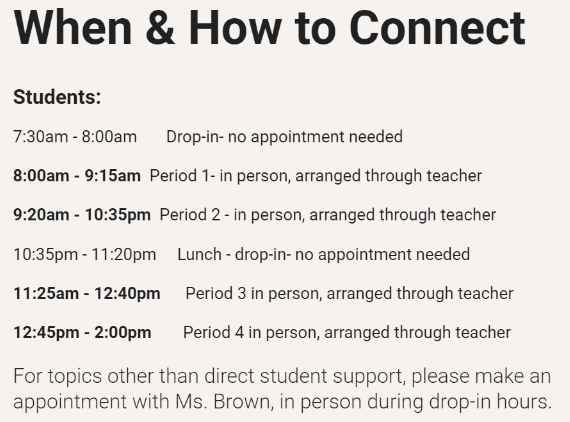 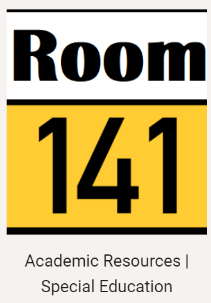
Identified Students
|
What is a Special Education Program?
A special education program is defined in the Education Act as an educational program that is based on and accommodated or modified by the results of continuous assessment and evaluation and includes a plan (called an Individual Education Plan or IEP) containing specific objectives and an outline of special education services that meet the needs of the exceptional pupil. The majority of identified students at USS are placed in Regular Class with Indirect Support, which means they attend mainstream classes and access academic resource support and accommodations on an as needed basis.
Some of USS students are in regional programs. Students are placed in these programs on the recommendation of Board Staff and Parental consent. These programs offer more intensive support and services to students with higher learning, physical, and safety needs. The two regional small class placements at USS are:
What is a Special Education Allotment (SEA)
Some students who are identified may have specific equipment or resources outlined in their IEP. These needs are identified through the school ISS team or through School Based Rehabilitation Services (i.e. Grandview). Recommendations are received from board professional personnel and community professional practitioners. For more information about equipment please see the DDSB 2022-2023 Special Education Plan.
N.B. With respect to the new Chromebook refresh, some students who are identified may find they no longer have the touchscreen function on their device. Currently, students who have SEA equipment (i.e. SEA Chromebook) listed on their IEP will have access to the touchscreen function. Please contact Sam Brown if you have any questions or concerns.
IEPs
|
What is an IEP?
The IEP is an Individual Education Plan. It is developed for your child, in consultation with you and your child, and is based on relevant testing and documentation. It includes:
-
a statement of your child’s exceptionality;
-
a statement of your child’s Special Education placement;
-
a list of your child’s learning strengths and needs;
-
an outline of services that will be received;
-
a list of accommodations your child will receive;
-
a list of documentation upon which the IEP is based;
-
a plan for transition to appropriate post-secondary school activities, such as work, further education, and community living, (except those identified as exceptional solely on the basis of giftedness).
If your child’s curricular expectations are modified, the IEP will also include:
The IEP must be completed within 30 school days after your child has been placed in the program, and you must be sent a copy of it. Classroom teachers will also receive a copy of your child’s IEP. You are welcome to contact the Inclusive Student Services Department at USS, if you have any questions about your child’s IEP or if you would like to meet to discuss your child’s IEP.
The IEP / Report Card Connection
Students who access a modified program (i.e. are enrolled in "K courses" or are working towards a half credit in a mainstream credit course) will receive an alternative report card. Students who only access accommodations in their mainstream credit courses will receive a provincial report card. For further explanation please review the Secondary Level IEP - Report Card Connection brochure.
|
IPRCs
|
|
DDSB Parent/Guardian Guide to Special Education IPRC
IPRC Frequently Asked Questions
What is an IPRC?
An IPRC is an Individual Progress and Review Committee meeting composed of at least three Board persons, one of whom must be a principal or supervisory officer of the board. Your school principal and special education resource teachers (SERTs) are normally present.
What is the role of the IPRC?
The IPRC will:
-
decide whether or not your child should be identified as exceptional;
-
identify the areas of your child’s exceptionality, according to the categories and definitions of exceptionalities provided by the Ministry of Education and Training, and based on documentation and testing provided;
-
decide an appropriate placement for your child (regular class with indirect support, special education class with partial integration, or special Education Class Full time);
-
review the identification and placement at least once in each school year,
May parents attend the IPRC meeting?
Yes. At least 10 days in advance of the meeting, you will be provided with written notification of the meeting and an invitation to attend the meeting. This letter will notify you of the date, time, and place of the meeting. It will ask you to indicate whether you will attend. Parents and pupils are encouraged to be present at and participate in all committee discussions about your child; and to be present when the committee’s identification and placement decision is made.
Who else may attend an IPRC meeting?
Other resource people such as your child’s teacher, special education staff, board support staff, or the representative of an agency, who may provide further information or clarification about the child’s needs, or an interpreter, if one is required. You may also have a representative, that is, a person who may support you or speak on behalf of you or your child.
What will the IPRC consider in making its placement decision?
Before the IPRC can consider placing your child in a special education class, it must consider whether placement in a regular class with appropriate special education services will meet your child’s needs and, after considering all of the information, will be consistent with your preferences.
What can parents do if they disagree with the IPRC decision?
If you do not agree with either the identification or placement decision made by the IPRC, you may, within 15 days of receipt of decision, request that the IPRC hold a second meeting to discuss your concerns. If you do not agree with the decision after the second meeting, you may file a notice of appeal with 15 days of your receipt of the decision. If you do not consent the IPRC decision and you do not appeal it, the board will instruct the principal to implement the IPRC decision.
What happens after the IPRC has made its decision?
If you agree with the IPRC decision, you will be asked to indicate, by signing your name, you agree with the identification and placement decisions made by the IPRC. The statement of decision may be signed at the IPRC meeting or taken home and returned.
What if parents are unable to make the scheduled meeting
You will be given a minimum of 10 days written notice of the IPRC meetings. If you are unable to make the scheduled meeting, you may: contact the school Special Education Department to arrange an alternative date or time; or you may choose not to attend the Review Meeting based on your on-going conferences with the school staff. Please let the Special Education Resource Teacher know you will not be attending, and as soon as possible after the meeting, the Special Education Department will forward to you, for your consideration and signature, the IPRC’s written statement of decision noting the decision of identification and placement and any recommendations regarding special education programs and services.
Once a child has been placed in a special education program, can the placement be reviewed?
A review IPRC meeting will be held within the school year, unless the principal of the school at which the special education program is being provided receives written notice from you, the parents, dispensing with the annual review. Typically our annual reviews are held in March, April and May. You may request a review IPRC meeting any time after your child has been in a special education program for three months.
|
|
|
|
Curriculum Lead: S. Hollingshead
Welcome to Uxbridge Secondary Schools Technology Departments. USS offers a variety of Technological courses. Technological innovation influences all areas of life, from the daily lives of individuals to the work of business and government, to interactions on a global scale. It helps meet basic human needs and provides tools for improving people’s lives and exploring new frontiers.
| Grade 9 Exploring Technology |
|
Exploring Technology open to all genders TAS101 & TAS102 (students who identify as female only)
When diving into the exciting world of technology, students get to explore various fields, each offering unique skills and knowledge. In Communications Technology, we focus on tools like Photoshop and Premiere Pro. These are like digital magic wands that allow us to edit and create stunning images and videos. Moving on to Construction, we learn essential skills such as woodworking, precise measurement, and safe tool use. These skills are the foundation for building structures and ensuring safety on construction sites. In Transportation Technology, we discover the ins and outs of hoist safety, oil changes, and vehicle maintenance. Understanding these aspects helps keep our vehicles running smoothly and safely. Lastly, in Manufacturing Technology, students engage in welding fabrication and learn how to use tools safely. This section highlights the importance of precision and safety in creating things with our own hands. Exploring these four sections not only makes technology fun but also equips students with practical skills they can use in real-life situations.
|
| Communications |
|
Exploring Communications Technology TGJ1O1
This exploratory course introduces students to concepts and skills in communications technology, which encompasses television/video and movie production, radio and audio production, print and graphic communications, photography, and animation. Students will develop an awareness of related environmental and societal issues and will begin to explore secondary and postsecondary pathways leading to careers in the field.
CREDIT: 1
TYPE: Open
GRADE 9
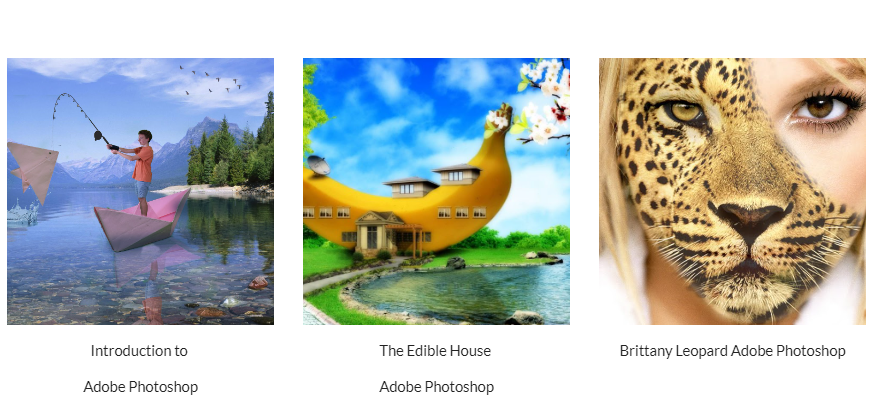
Communications Technology TGJ2O1
This course introduces students to communications technology from a media perspective. Students will work in the areas of TV/video and movie production, radio and audio production, print and graphic communications, photography, and interactive new media and animation. Student projects may include computer-based activities such as creating videos, editing photos, working with audio, cartooning, developing animations, and designing web pages. Students will also develop an awareness of environmental and societal issues related to communications technology, and will explore secondary and postsecondary education and training pathways and career opportunities in the various communications technology fields.
CREDIT: 1
TYPE: Open
GRADE: 10
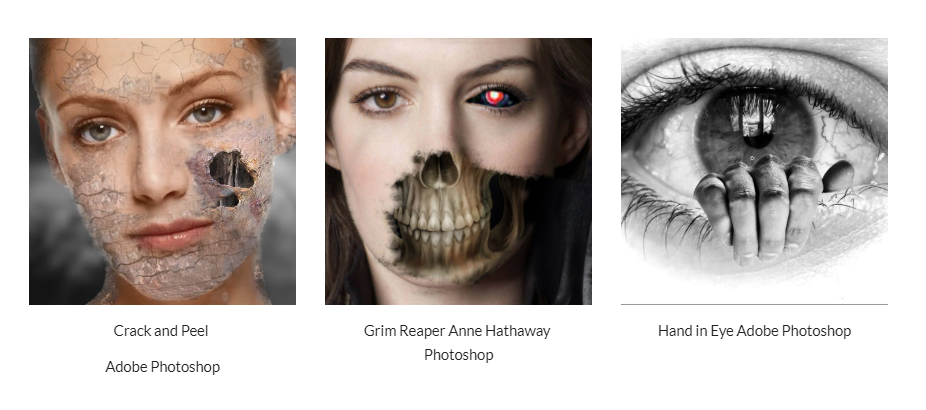
Communications Technology TGJ3M1
This course examines communications technology from a media perspective. Students will develop knowledge and skills as they design and produce media projects in the areas of live, recorded, and graphic communications. These areas may include TV, video, and movie production; radio and audio production; print and graphic communications; photography; digital imaging; broadcast journalism; and interactive new media. Students will also develop an awareness of related environmental and societal issues, and will explore college and university programs and career opportunities in the various communications technology fields.
CREDIT: 1
TYPE: University/College
GRADE 11
Tigers News Channel

Communications TechnologyTGJ4M1
This course enables students to further develop media knowledge and skills while designing and producing projects in the areas of live, recorded, and graphic communications. Students may work in the areas of TV, video, and movie production; radio and audio production; print and graphic communications; photography; digital imaging; broadcast journalism; and interactive new media. Students will also expand their awareness of environmental and societal issues related to communications technology, and will investigate career opportunities and challenges in a rapidly changing technological environment.
CREDIT: 1
TYPE: University/College
GRADE: 12
PREREQUISITE: TGJ3M1 - Communications Technology Grade 11
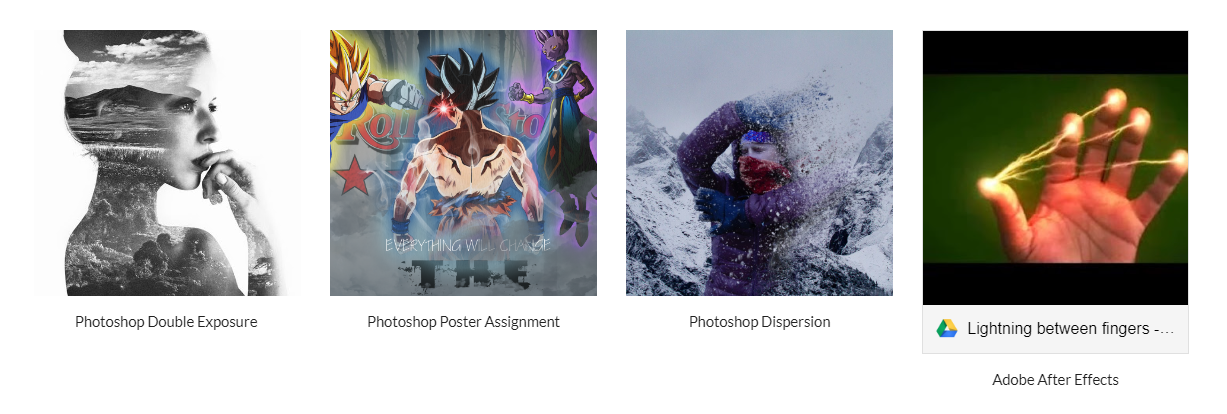
|
| Construction |
TCJ2O1
This course introduces students to building materials and processes through opportunities to design and build various construction projects. Students will learn to create and read working drawings; become familiar with common construction materials, components, and processes; and perform a variety of fabrication, assembly, and finishing operations. They will use a variety of hand and power tools and apply knowledge of imperial and metric systems of measurement, as appropriate. Students will develop an awareness of environmental and societal issues related to construction technology, and will explore secondary and postsecondary pathways leading to careers in the industry.
CREDIT: 1
TYPE: Open
GRADE: 10
Construction Engineering Technology
TCJ3C1
This course focuses on the development of knowledge and skills related to residential construction. Students will gain hands-on experience using a variety of construction materials, processes, tools, and equipment; learn about building design and planning construction projects; create and interpret working drawings and sections; and learn how the Ontario Building Code and other regulations and standards apply to construction projects. Students will also develop an awareness of environmental and societal issues related to construction technology, and will explore career opportunities in the field.
COURSE NOTE: This course qualifies as a "major" credit towards a Construction Specialist High Skills Major. Please see Guidance for more details.
CREDIT: 1
TYPE: College
GRADE: 11
Construction Engineering Technology
TCJ4C1
This course enables students to further develop knowledge and skills related to residential construction and to explore light commercial construction. Students will gain hands-on experience using a variety of materials, processes, tools, and equipment, and will learn more about building design and project planning. They will continue to create and interpret construction drawings and will extend their knowledge of construction terminology and of relevant building codes and regulations, as well as health and safety standards and practices. Students will also focus on environmental and societal issues related to construction engineering technology, and will explore career opportunities in the field.
COURSE NOTE: A project materials fee may be required. This course qualifies as a "major" credit towards a Specialist High Skills Major. See Guidance for more details.
CREDIT: 1
TYPE: College
GRADE: 12
PREREQUISITE: TCJ3C1 - Construction Engineering Technology
|
| Design |
TDJ2O1
This course provides students with opportunities to apply a design process to meet a variety of technological challenges. Students will research projects, create designs, build models and/or prototypes, and assess products and/or processes using appropriate tools, techniques, and strategies. Student projects may include designs for homes, vehicles, bridges, robotic arms, clothing, or other products. Students will develop an awareness of environmental and societal issues related to technological design, and will learn about secondary and postsecondary education and training leading to careers in the field.
CREDIT: 1
TYPE: Open
GRADE: 10
Technological Design
TDJ3M1
This course examines how technological design is influenced by human, environmental, financial, and material requirements and resources. Students will research, design, build, and assess solutions that meet specific human needs, using working drawings and other communication methods to present their design ideas. They will develop an awareness of environmental, societal, and cultural issues related to technological design, and will explore career opportunities in the field, as well as the college and/or university program requirements for them.
CREDIT: 1
TYPE: University/College
GRADE: 11
Technological Design
TDJ4M1
This course introduces students to the fundamentals of design advocacy and marketing, while building on their design skills and their knowledge of professional design practices. Students will apply a systematic design process to research, design, build, and assess solutions that meet specific human needs, using illustrations, presentation drawings, and other communication methods to present their designs. Students will enhance their problem-solving and communication skills, and will explore career opportunities and the postsecondary education and training requirements for them.
CREDIT: 1
TYPE: University/College
GRADE: 12
PREREQUISITE: TDJ3M1 - Technological Design
|
| Hospitality |
| Exploring Hospitality and Tourism TFJ1O1
This exploratory course introduces students to concepts and skills related to hospitality and tourism, focusing on the areas of food handling, food preparation, the origins of foods, event planning, and local tourism. Students will develop an awareness of related environmental and societal issues and will begin to explore secondary and postsecondary pathways leading to careers in the field. The course will provide basic skills in measurement and scaling using natural ingredients to enhance baking skills. This course is taught in the school kitchen/cafeteria on a daily basis.
CREDIT: 1
TYPE: Open
GRADE: 9
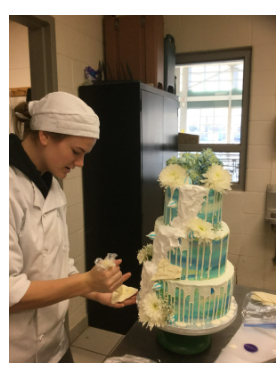
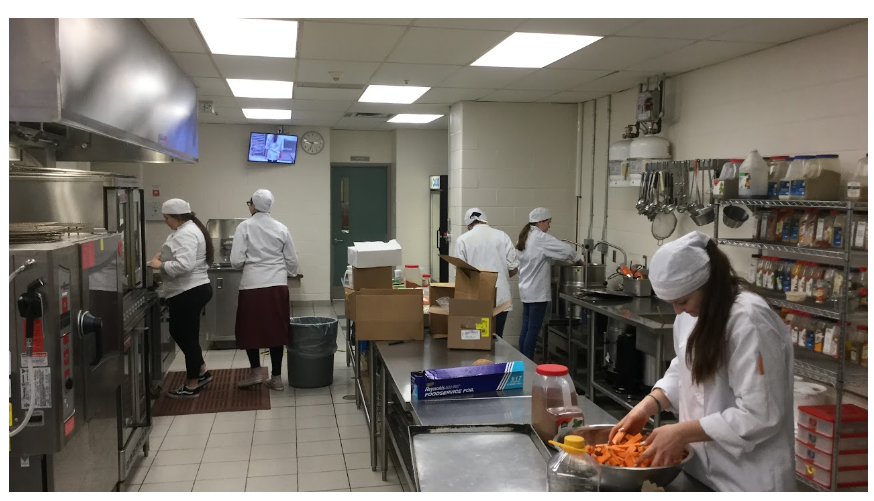
Hospitality and Tourism Technology TFJ2O1
This course provides students with opportunities to explore different areas of hospitality and tourism, as reflected in the various sectors of the tourism industry, with an emphasis on food service. Students will study culinary techniques of food handling and preparation, health and safety standards, the use of tools and equipment, the origins of foods, and event planning, and will learn about tourism attractions across Ontario. Students will develop an awareness of related environmental and societal issues, and will explore secondary and postsecondary pathways leading to careers in the tourism industry. The course will enhance the basic skills of measurement & scaling in baking with a goal of increasing creativity and food production.
CREDIT: 1
TYPE: Open
GRADE: 10
Hospitality and Tourism TFJ3E1
This course enables students to develop or expand knowledge and skills related to hospitality and tourism, as reflected in the various sectors of the tourism industry. Students will learn about preparing and presenting food, evaluating facilities, controlling inventory, and marketing and managing events and activities, and will investigate customer service principles and the cultural and economic forces that drive tourism trends. Students will develop an awareness of health and safety standards, environmental and societal issues, and career opportunities in the tourism industry.
CREDIT: 1
TYPE: College
GRADE: 11
Hospitality and Tourism TFJ4C1
This course enables students to further develop knowledge and skills related to the various sectors of the tourism industry. Students will demonstrate advanced food preparation and presentation skills; increase health and wellness knowledge; develop tourism administration and management skills; design and implement a variety of events or activities; and investigate principles and procedures that contribute to high-quality customer service. Students will expand their awareness of health and safety issues, environmental and societal issues, and career opportunities in the tourism industry. Students in this course will have the option of enrolling in the Specialist High Skills Major in Hospitality and Tourism. Students who are part of the SHSM will receive certification in First Aid, CPR, WHMIS, and three other selected certifications directly related to Hospitality and Tourism.
CREDIT: 1
TYPE: College
GRADE: 12
PREREQUISITE: TFJ3E1 - Hospitality and Tourism or TFJ3CD - Hospitality and Tourism SHSM
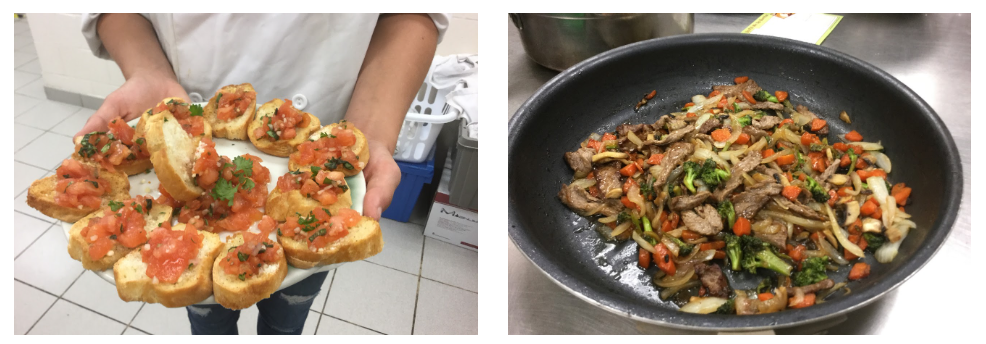
Hospitality and Tourism SHSM TFJ3CD
Hospitality and Tourism enables students to build a foundation of sector focused knowledge and skills before graduating and entering apprenticeship training, college, university or an entry level position in the workplace.This course enables students to develop or expand knowledge and skills related to hospitality and tourism, as reflected in the various sectors of the tourism industry. Students will learn about preparing and presenting food, evaluating facilities, controlling inventory, and marketing and managing events and activities, and will investigate customer service principles and the cultural and economic forces that drive tourism trends. Students will develop an awareness of health and safety standards, environmental and societal issues, and career opportunities in the tourism industry.Students in this course will have the option of enrolling in the Specialist High Skills Major in Hospitality and Tourism. Students who are part of the SHSM will receive certification in First Aid, CPR, WHMIS, and three other selected certifications directly related to Hospitality and Tourism.
COURSE NOTE: Students will earn a high school credit, and a college credit, upon successful completion of this course.
CREDIT: 1
TYPE: College
GRADE: 11
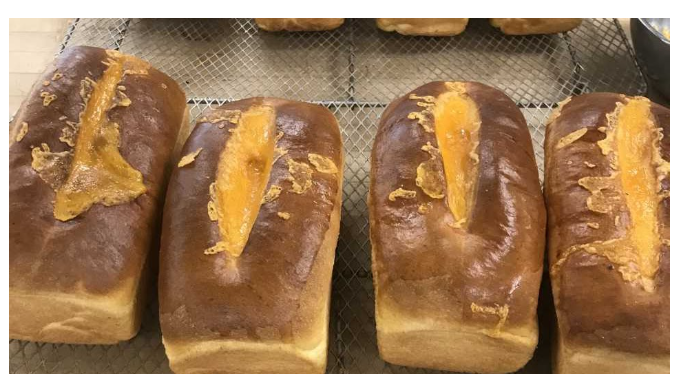
|
| Manufacturing |
TMJ2O1
This course introduces students to the manufacturing industry by giving them an opportunity to design and fabricate products using a variety of processes, tools, and equipment. Students will learn about technical drawing, properties and preparation of materials, and manufacturing techniques. Student projects may include a robotic challenge, a design challenge, or a fabrication project involving processes such as machining, welding, vacuum forming, or injection moulding. Students will develop an awareness of environmental and societal issues related to manufacturing, and will learn about secondary and postsecondary pathways leading to careers in the industry.
CREDIT: 1
TYPE: Open
GRADE: 10
Manufacturing Technology
TMJ3C1
This course enables students to develop knowledge and skills through hands-on, project-based learning. Students will acquire design, fabrication, and problem-solving skills while using tools and equipment such as lathes, mills, welders, computer-aided machines, robots, and control systems. Students may have opportunities to obtain industry-standard certification and training. Students will develop an awareness of environmental and societal issues related to manufacturing and will learn about pathways leading to careers in the industry.
CREDIT: 1
TYPE: College
GRADE: 11
Manufacturing Technology
TMJ4C1
This course enables students to further develop knowledge and skills related to machining, welding, print reading, computer numerical control (CNC), robotics, and design. Students will develop proficiency in using mechanical, pneumatic, electronic, and computer control systems in a project-based learning environment and may have opportunities to obtain industry-standard training and certification. Students will expand their awareness of environmental and societal issues and career opportunities in the manufacturing industry.
CREDIT: 1
TYPE: College
GRADE: 12
PREREQUISITE: TMJ3C1 - Manufacturing Technology
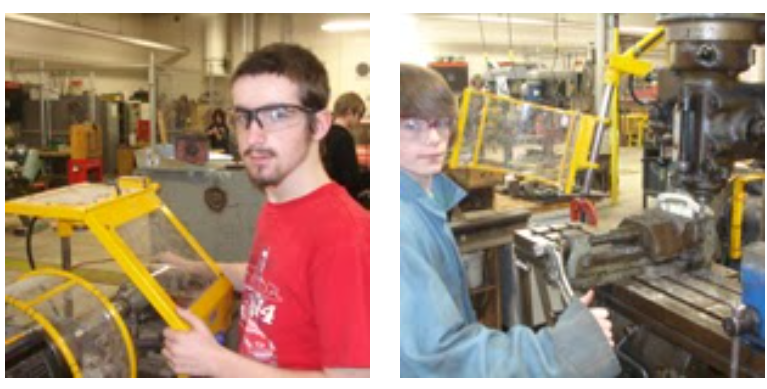
|
| Transportation |

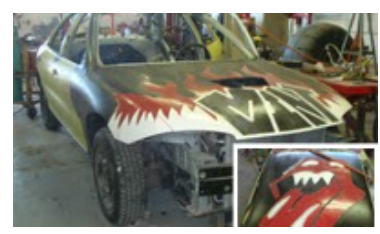
Transportation Technology
TTJ2O1
This course introduces students to the service and maintenance of vehicles, aircraft, and/or watercraft. Students will develop knowledge and skills related to the construction and operation of vehicle/craft systems and learn maintenance and repair techniques. Student projects may include the construction of a self-propelled vehicle or craft, engine service, tire/wheel service, electrical/battery service, and proper body care. Students will develop an awareness of related environmental and societal issues, and will explore secondary and postsecondary pathways leading to careers in the transportation industry.
CREDIT: 1
TYPE: Open
GRADE: 10
Transportation Technology
TTJ3C1
This course enables students to develop technical knowledge and skills as they study, test, service, and repair engine, electrical, suspension, brake, and steering systems on vehicles, aircraft, and/or watercraft. Students will develop communication and teamwork skills through practical tasks, using a variety of tools and equipment. Students will develop an awareness of environmental and societal issues related to transportation, and will learn about apprenticeship and college programs leading to careers in the transportation industry.
CREDIT: 1
TYPE: College
GRADE: 11
Transportation Technology
TTJ4C1
This course enables students to further develop technical knowledge and skills as they study, test, service, and repair engine management systems; powertrains; steering/control, suspension, brake, and body systems on vehicles, aircraft, and/or watercraft; and/or small-engine products. Students will refine communication and teamwork skills through practical tasks, using a variety of tools and equipment. Students will expand their awareness of environmental and societal issues related to transportation and their knowledge of apprenticeship and college programs leading to careers in the transportation industry.
CREDIT: 1
TYPE: College
GRADE: 12
PREREQUISITE: TTJ3C1 - Transportation Technology
|
|




